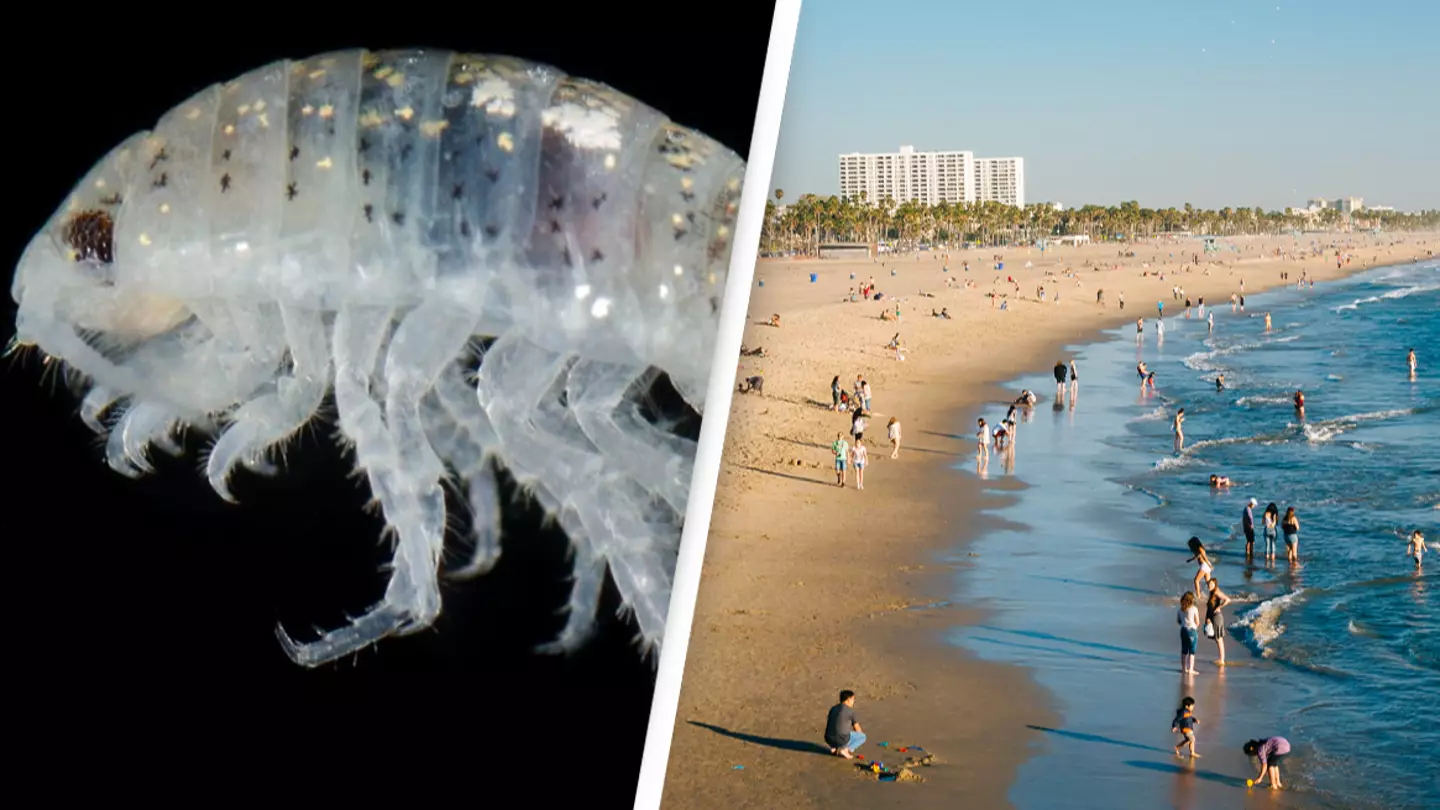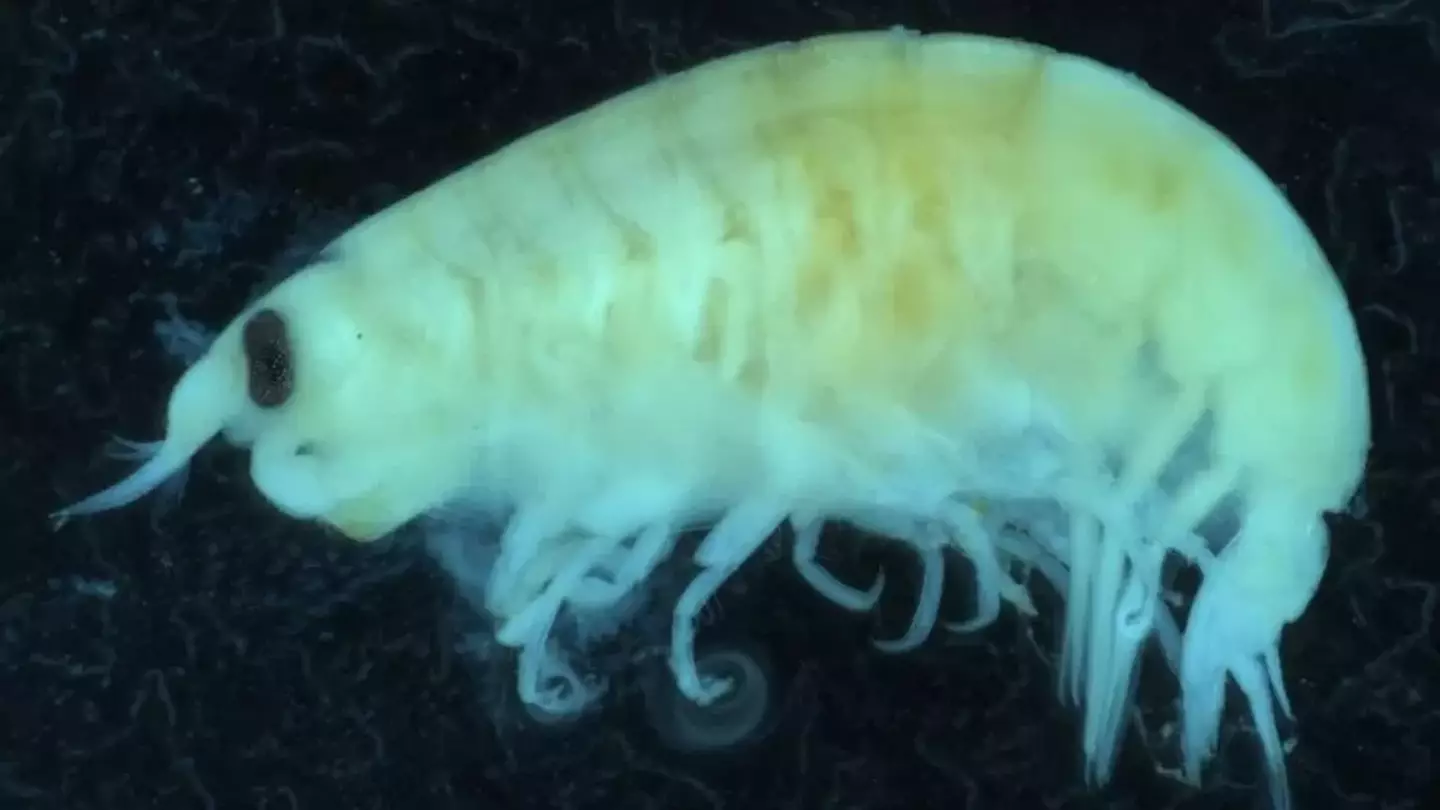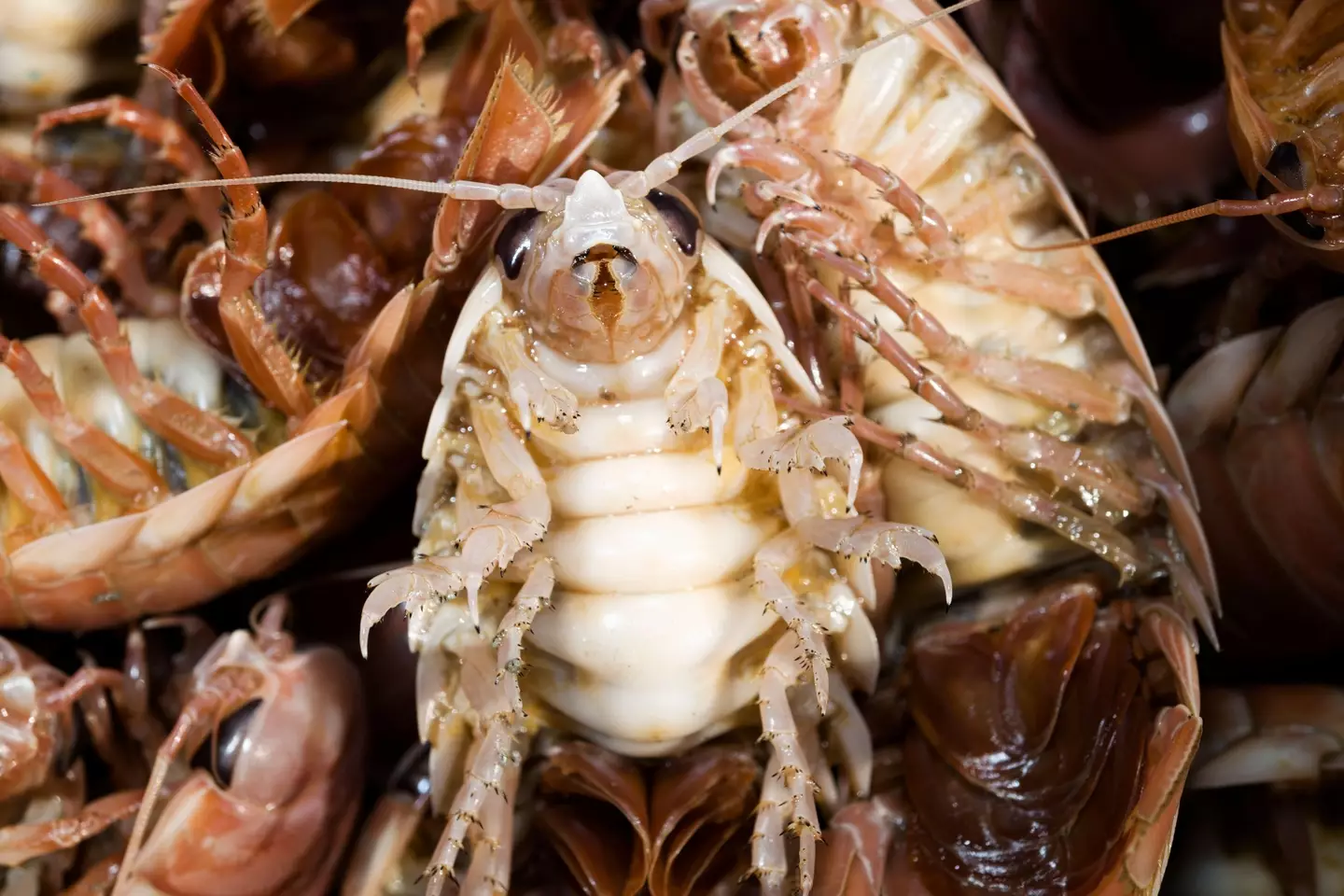
When you think of isopods, you probably don't conjure up an image of a blood-thirsty menace with a hankering for human toes.
However, a near relative of the isopod we all know and love - the water-line isopod - is reportedly responsible for a spate of attacks on unsuspecting beach walkers in the US.
CBS8 spoke to San Diego native Tara Sauvage, who detailed her horrifying recent encounter with the crustaceans.
The distraught beach-goer told CBS8: "It was painful!
Advert
“I jumped out of the water and this was so shocking. I had blood all over my foot and in between my toes. It was like small piranhas had bit me.”

According to experts, the sea-line isopods are found year round alongside the West coast of America, and will generally spend most of their lives buried well beneath the sand. Part of the reason for these is that they will then have access to carcasses that wash up on the shoreline.
“They like to eat fresh meat like a dying animal or battered animal,” Ryan Hechinger, a professor at Scripps Institution of Oceanography, told CBS8. “They like to eat fresh meat like a dying animal or battered animal."
When such creatures presents themselves, the isopods use their serrated mandibles to 'cut quickly and cleanly into' its flesh, according to a 1993 article by the Los Angeles Times, Live Science reported.
As a result, these scavengers can skeletonise carcasses rapidly like miniature food processors — earning them the moniker 'mini sharks' by invertebrate zoologist Richard Brusca.
“They can be pretty nasty when they get going,” Brusca told the Los Angeles Times in 1993.

Attacks on humans are rare, although when a large number of them amass in one area, they can occur from time to time.
Hechinger added: "They are totally known to bite people," - and he should know as he claims to have been bitten several times.
“They’re nothing bad,” the fish enthusiast said. “They eat dead fish so it doesn’t stink like dead fish in the water.”
Perhaps more dangerous is the water-line isopod’s close relative, Cirolana harfordi, which was responsible for a bloody attack on the feet of a teen wader in Melbourne, Australia, in 2017.
He initially misidentified the bites for pins and needles until he left the water and saw that his feet were missing swatches of skin as if they’d been flayed.
Professor Richard Reina, from Monash University, Australia, said of of the traumatic incident: "It’s only when you get the potential for hundreds or thousands of them to start biting you, for a long period, that you get the type of injury that [he] had."
“Unless you’re effectively numb, [usually] you’re going to notice and get out of the water before that happens.”
If you have a story you want to tell, send it to UNILAD via [email protected]
